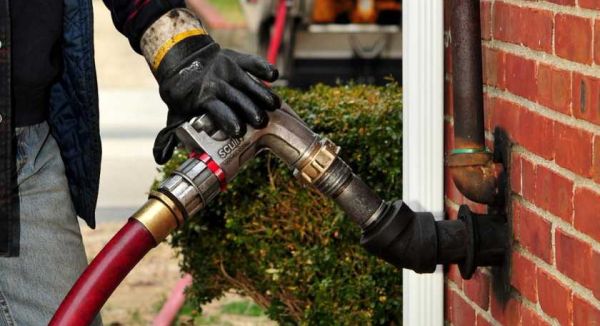How Do Oil Companies Prioritise Environmental Conservation and Stewardship?
The oil industry has long been scrutinised for its environmental impact, with concerns ranging from carbon emissions to habitat destruction. However, in recent years, many oil company Brockton MA, have recognised the importance of environmental conservation and stewardship. Through innovative practices and initiatives, these companies are striving to minimise their environmental footprint and contribute to a more sustainable future.
In this blog post, we'll explore how oil companies prioritise environmental conservation and stewardship and the steps they're taking to protect the planet.
Adopting Sustainable Practices
One way oil companies prioritise environmental conservation is by adopting sustainable practices throughout their operations. This includes implementing technologies and techniques to minimise greenhouse gas emissions, reduce water usage, and limit pollution.
For example, many oil companies are investing in renewable energy sources such as solar and wind power to reduce their reliance on fossil fuels and lower their carbon footprint.
Investing in Research and Development
Oil companies are also investing in research and development to find innovative solutions to environmental challenges. This includes developing new technologies and processes to improve efficiency, reduce waste, and mitigate environmental impacts.
From advanced drilling techniques to carbon capture and storage initiatives, these investments aim to address environmental concerns while maintaining the viability of oil production.
Promoting Biodiversity Conservation
Biodiversity conservation is another priority for many Brockton MA Oil Company, particularly those operating in ecologically sensitive areas. These companies work to minimise disturbances to wildlife habitats, protect endangered species, and restore ecosystems affected by oil extraction activities.
By partnering with conservation organisations and implementing biodiversity management plans, oil companies strive to maintain the balance between energy production and environmental protection.

Supporting Community Engagement
Oil companies recognise the importance of engaging with local communities to ensure that their operations are conducted in an environmentally responsible manner. This includes consulting with stakeholders, addressing community concerns, and supporting initiatives that benefit the environment and local residents.
By fostering positive relationships with communities, oil companies can build trust, promote transparency, and work collaboratively to achieve shared environmental goals.
Embracing Corporate Responsibility
Corporate responsibility is a cornerstone of environmental stewardship for oil companies. Many companies have established environmental policies and commitments to guide their operations and demonstrate their dedication to sustainability. This includes setting targets for reducing greenhouse gas emissions, conserving water resources, and minimising waste generation.
By holding themselves accountable to these standards, oil companies strive to uphold their environmental responsibilities and contribute to global efforts to combat climate change.
Complying with Regulations and Standards
Oil companies are subject to stringent regulations and standards governing environmental protection and conservation. These regulations are designed to ensure that oil extraction and production activities are conducted in a manner that minimises negative impacts on the environment and public health.
By complying with these regulations and proactively implementing measures to exceed minimum requirements, oil companies demonstrate their commitment to environmental stewardship and responsible business practices.
Engaging in Collaboration and Partnerships
Collaboration and partnerships play a crucial role in advancing environmental conservation efforts within the oil industry. Many oil companies collaborate with government agencies, non-governmental organisations, and other stakeholders to develop and implement initiatives that promote environmental sustainability.
By pooling resources, sharing expertise, and working together towards common goals, these collaborations can have a significant positive impact on environmental conservation and stewardship.
Conclusion
In conclusion, oil company Brockton MA are increasingly prioritising environmental conservation and stewardship as part of their commitment to sustainability and responsible business practices. Through sustainable practices, research and development, biodiversity conservation, community engagement, corporate responsibility, regulatory compliance, and collaboration, oil companies are working to minimise their environmental footprint and protect the planet for future generations.
While challenges remain, the efforts of oil companies to prioritise environmental conservation represent a positive step towards a more sustainable and environmentally responsible energy industry.

Comments
Post a Comment